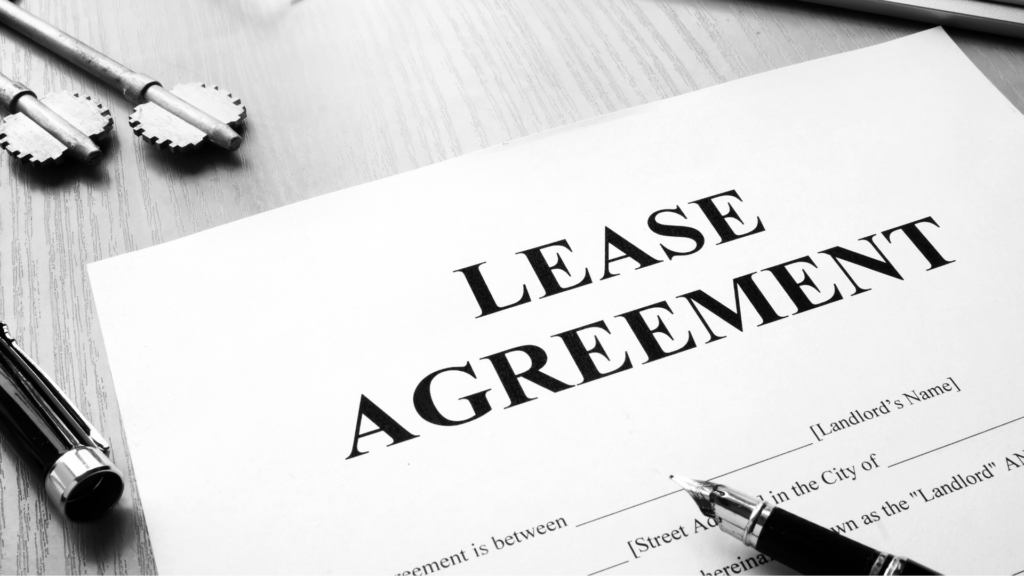There are two main ways for a company to grow. One is via increasing sales and the general size of a company’s operations over time – a strategy often referred to as “organic” or “internal growth.” The other is via acquiring another company or a number of companies.
Organic growth can take time, in some cases many years. In the interim, your competitors can gain a strong foothold in the market.
Choosing to grow via an Acquisition can speed the process dramatically. Growth via Merger or Acquisition can provide an instant platform for a company to expand overnight, to fill a gap in the market, or to gain significant competitive advantages by unlocking synergies and economies of scale.
Growth by Acquisition can enable companies to expand into new markets far more rapidly. Your target may have spent many years developing a network of strong contacts or supply channels. By choosing to Acquire you immediately fast-track the process, enabling your business to gain traction in new markets instantly.
Horizontal vs Vertical Acquisitions?
There are two main ways to grow your business via Acquisitions. Horizontal Acquisitions occur when you target operations similar to your own business (often competitors) to fast-track growth.
Vertical Acquisitions occur when you choose to acquire a business that sits in your current supply chain. For example, a manufacturer may choose to acquire one of their key suppliers to ensure supply of raw materials or key components. Conversely, a manufacturer may also choose to acquire retail chain to ensure consistent distribution of its products. Vertical acquisitions are very common in larger businesses. Companies such as Apple and IBM have used a vertical acquisition strategy consistently over the years to accelerate their growth and to sure up supply chains.
It is important to consider the cost analysis going forward of growth by acquisition versus organic growth. Factors such as time, human resources, research and development costs, and marketing expenses all need to be closely evaluated to ensure you are making the correct choice.
Other Key Considerations
– What is the Return on Investment (ROI) over time?
– What key challenges will you face merging the new business into your existing operation?
– What changes will you need to make to the new business you are acquiring, ie, rebranding or upskilling of staff? What are the costs?
– How is the best way to grow your acquisition?
– To what level will the new business be integrated with your existing business?
Challenges – Staff Culture
One important consideration when you choose to grow via acquisition is staff culture. Whilst a deal can stack up financially, often cultural aspects are overlooked. The importance of staff culture and happiness is critical to the ongoing success of any business. Staff who may have been high up the chain in a smaller operation can often find themselves becoming a smaller part of a much larger wheel. Therefore, it is important to ensure you consider this as part of your due diligence process.
How many potential targets should I consider?
Typically once we have finished our initial interview and engagement with you we will target up to 100 hand-selected “appropriate” business targets. Each of these will then be confidentially approached by us. It is important to remember that at any one time only a small selection of these will be in a position to consider selling their business. Quite often they are also unprepared for sale. This is where our specialist team of Brokers steps in to collate each potential acquisition’s information for you in an organised manner so that you can make an informed decision on the next step. Through our many years of experience, we know exactly what questions to ask. We will collate all of the information for you including tax returns, staff profiles, equipment lists, current market share, and other key data points.
?The collective experience of our Brokerage Team is second to none. From large corporate mergers and acquisitions to small local business sales, our trusted brokers have had years of transaction experience. We fully understand and appreciate the high importance of confidentiality and will always take due care to ensure all transactions are completed with minimal disruption to your business and staff.









